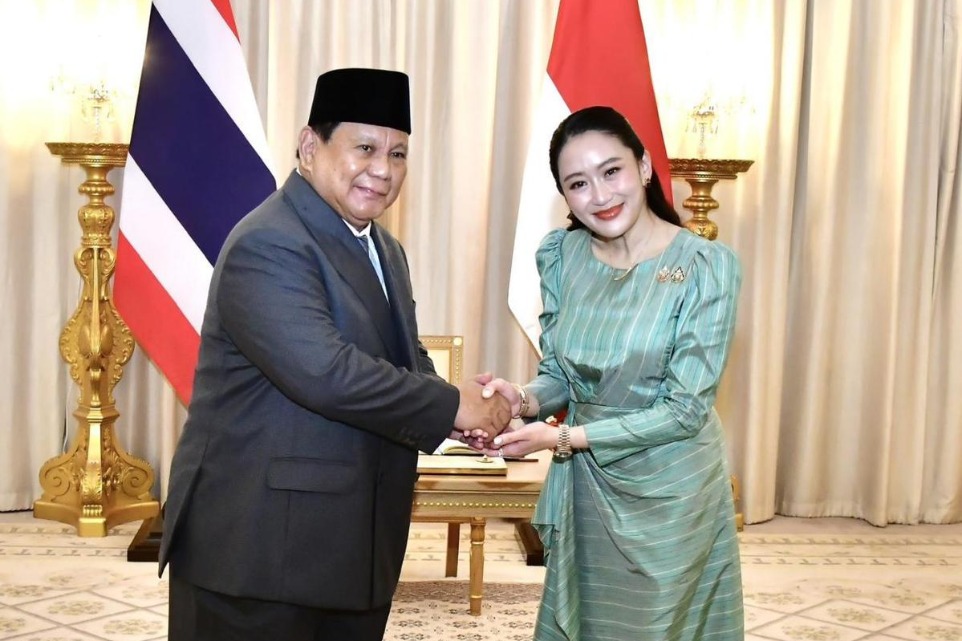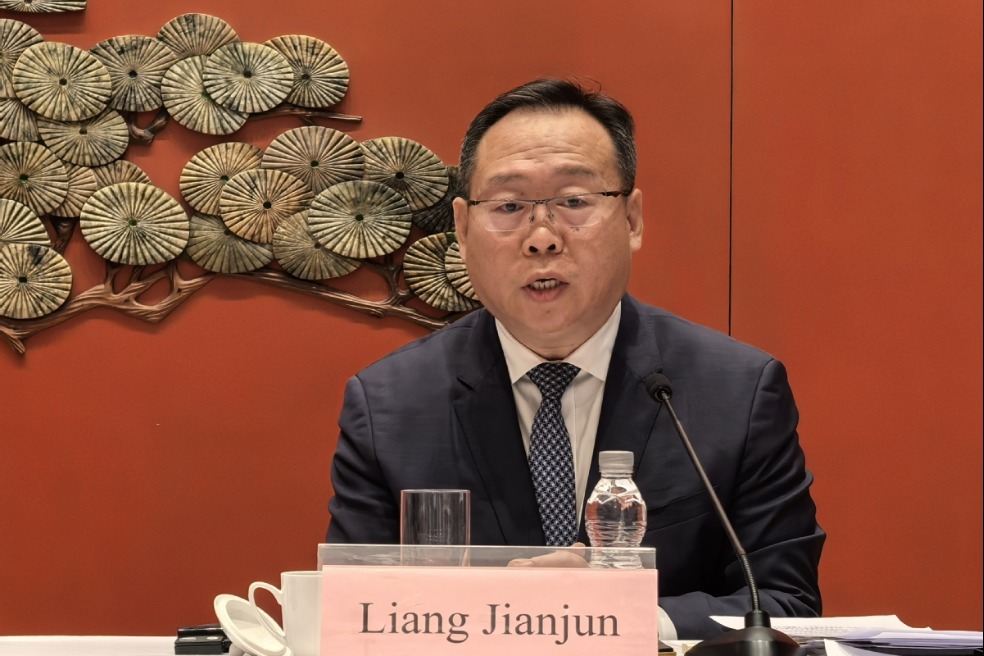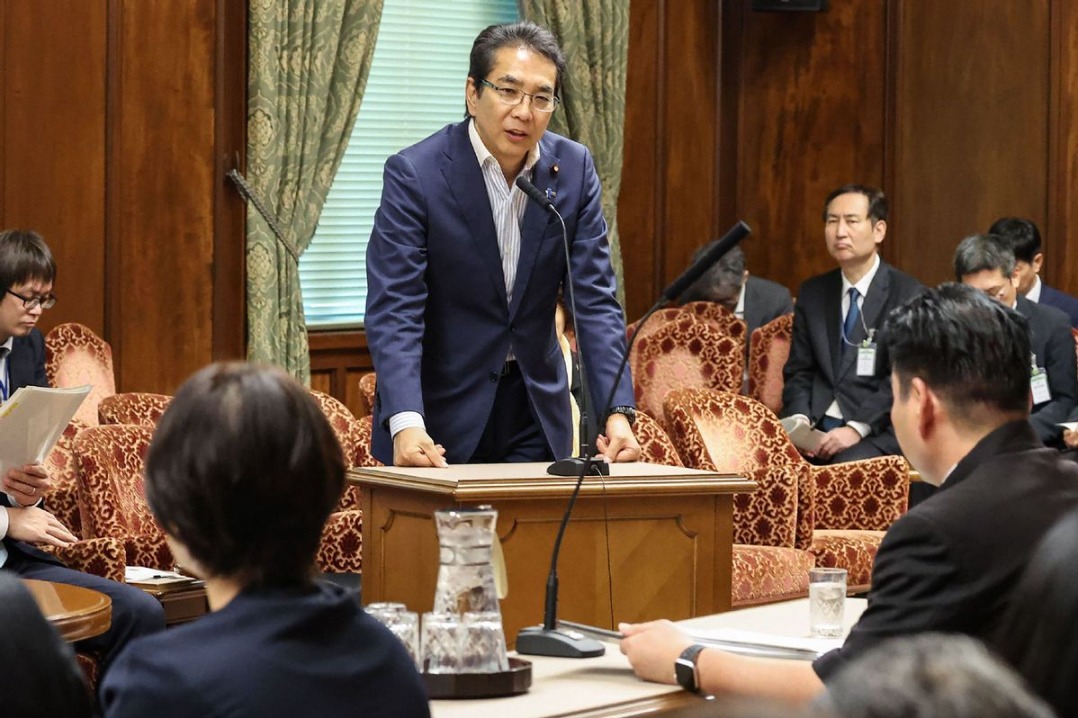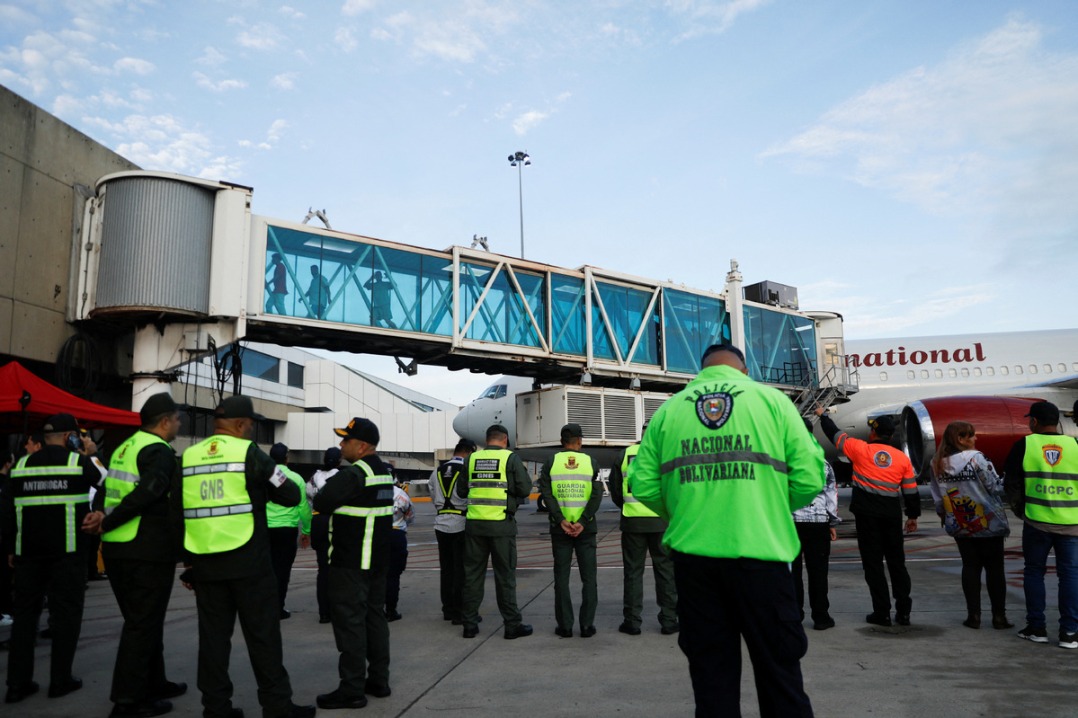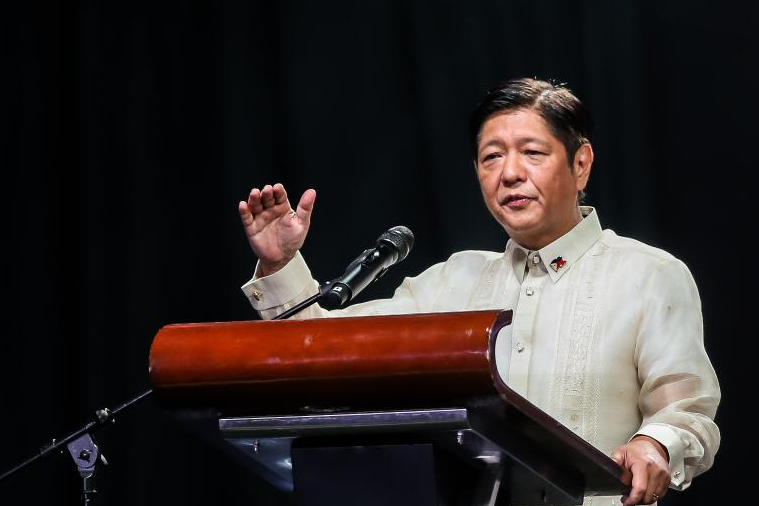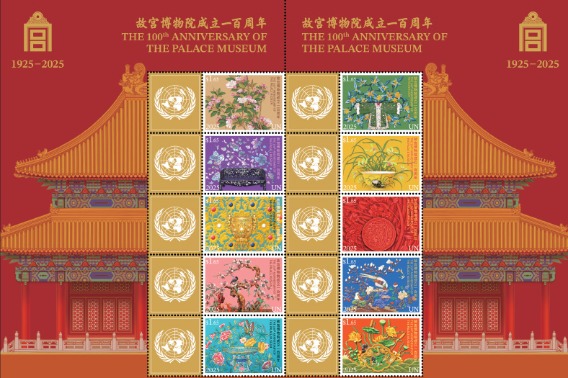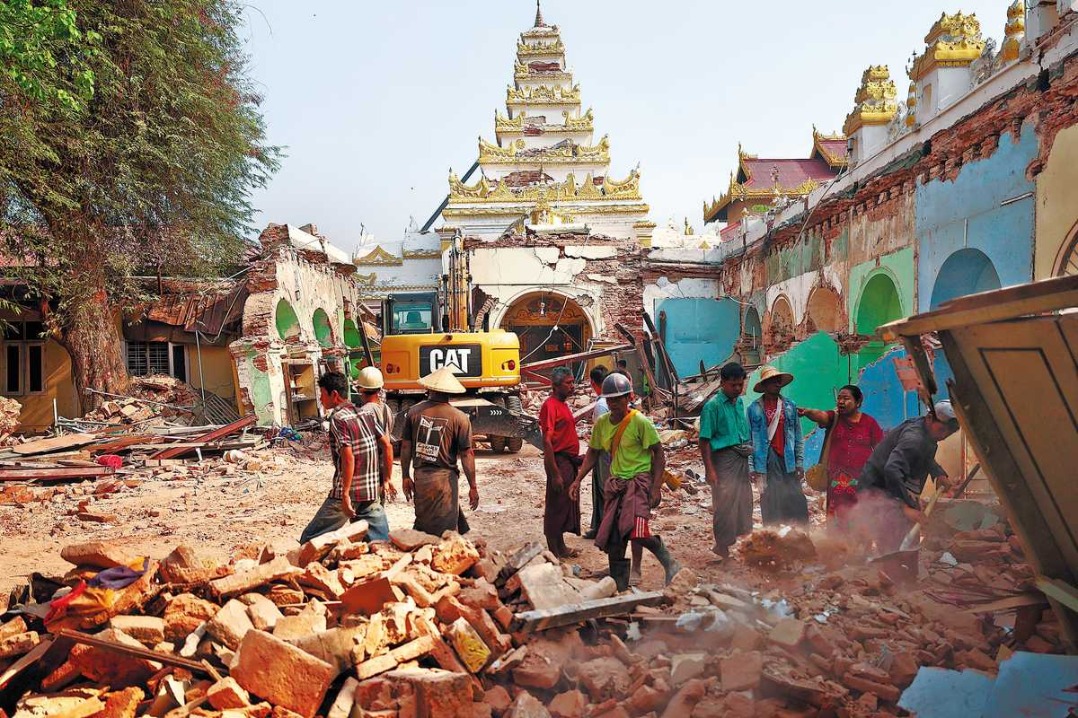China reaffirms commitment to health advances
Beijing will continue to support WHO in building a global community: Minister

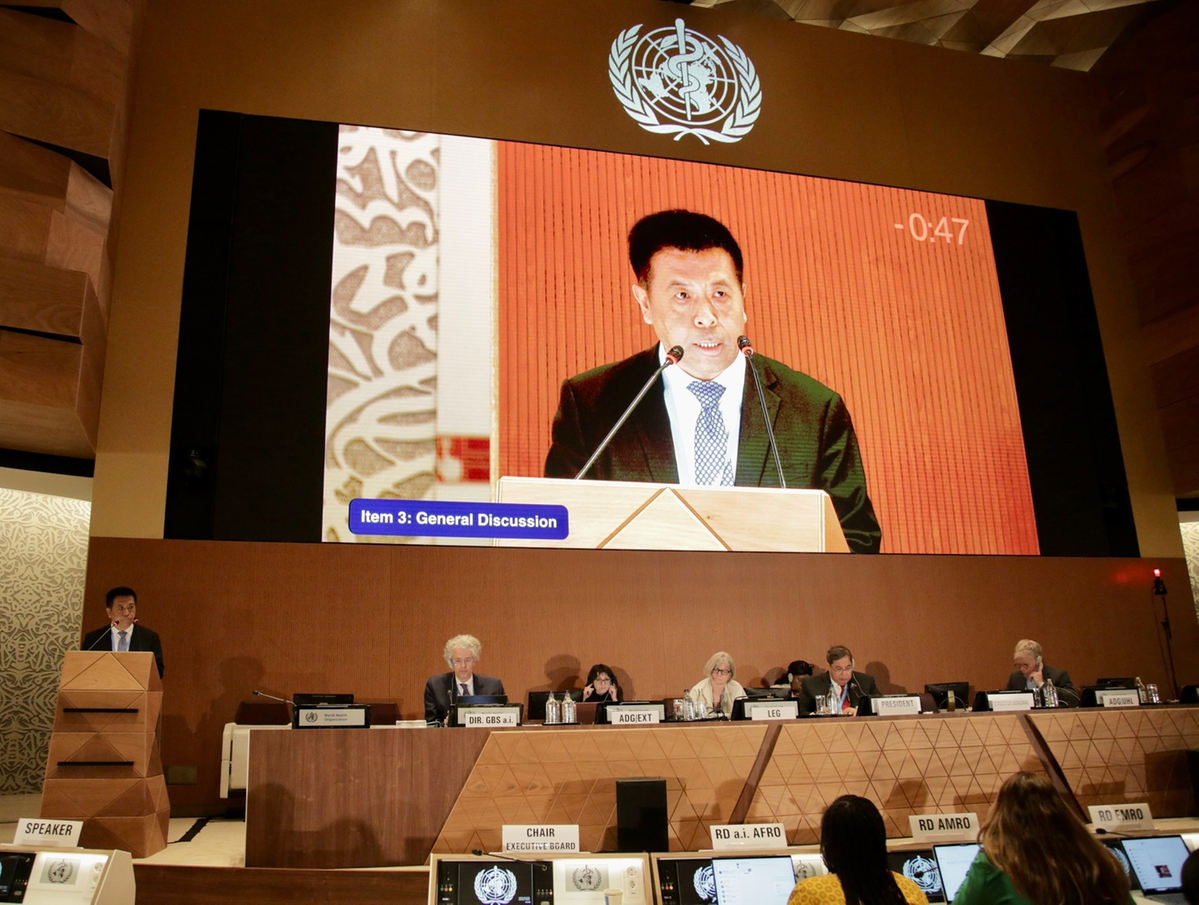
China will continue to firmly support the World Health Organization and multilateralism, and stands ready to jointly build a global community of health for all with all WHO member states, said Lei Haichao, minister of China's National Health Commission, at the 78th World Health Assembly in Geneva on Monday.
The assembly is the WHO's highest decision-making body, and usually takes place in the Swiss city in May each year.
Lei, who is also head of the Chinese delegation to the 78th assembly, said China consistently and firmly supports the WHO in playing its leading role in coordinating global public health affairs, while actively engaging in global health cooperation.
"Over the past six decades, China has dispatched more than 30,000 medical personnel to 77 countries and regions, providing treatment to over 300 million patients," he said. "During the COVID-19 pandemic, China supplied 500 billion personal protective items and 2.3 billion doses of vaccines globally."
Lei also highlighted the progress China has made in promoting the health and well-being of its people, particularly improvements in key health indicators of residents and equitable accessibility of health services.
"In 2024, China's average life expectancy reached 79 years, placing it at the forefront of upper-middle-income countries," he said. "Primary healthcare institutions have been established in both rural areas and urban communities, with 90.8 percent of families able to reach the nearest medical facility within 15 minutes."
The 78th World Health Assembly, which runs until May 27, is themed "One World for Health". Attended by delegations from all WHO member states, it brings together high-level country representatives and other stakeholders to address the pressing global health challenges.
This year, attention is focused on the adoption of an agreement on how to better tackle future pandemics in a more coordinated and equitable manner, as well as on the WHO's budgeting and financing.
Addressing the opening ceremony, WHO Director-General Tedros Adhanom Ghebreyesus said this year's meeting is especially significant, as member states gather to consider the adoption of the treaty, the final draft of which was released last month.
However, he pointed out that the WHO is being "weakened" precisely at a time when a strong organization is most needed, citing funding cuts and a slashed budget that continue to strain the organization, and have led to workforce reductions.
The WHO has revised its budget downward to $4.2 billion for the next two years, or $2.1 billion per year — an "extremely modest" figure for a global health agency, he said.
"$2.1 billion is the equivalent of global military expenditure every eight hours. $2.1 billion is the price of one stealth bomber; $2.1 billion is one-quarter of what the tobacco industry spends on advertising and promotion every single year. It seems somebody switched the price tags on what is truly valuable in our world," he said.
















